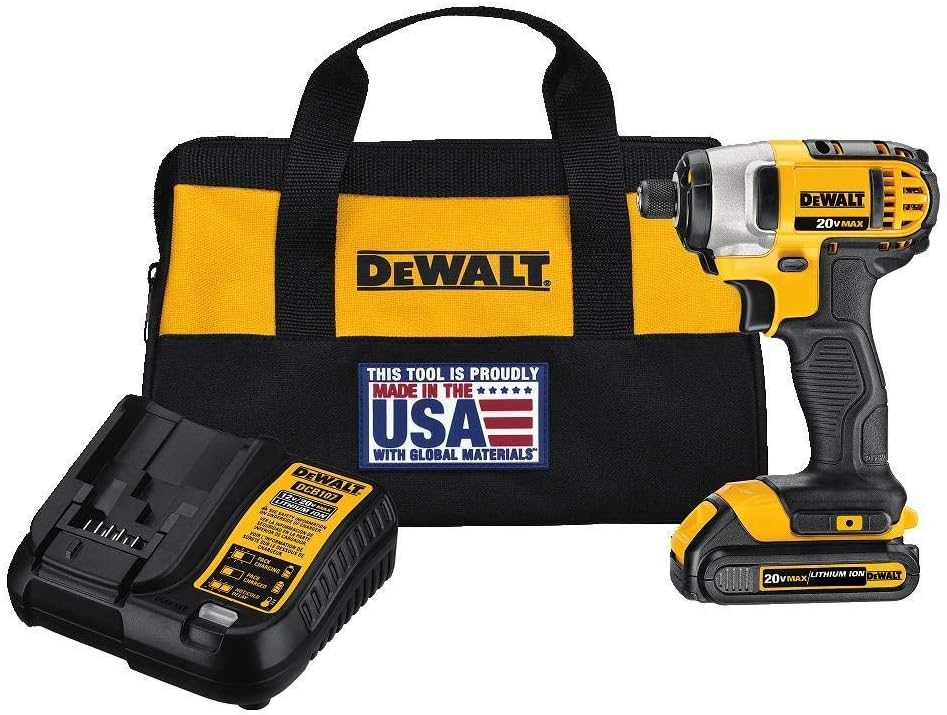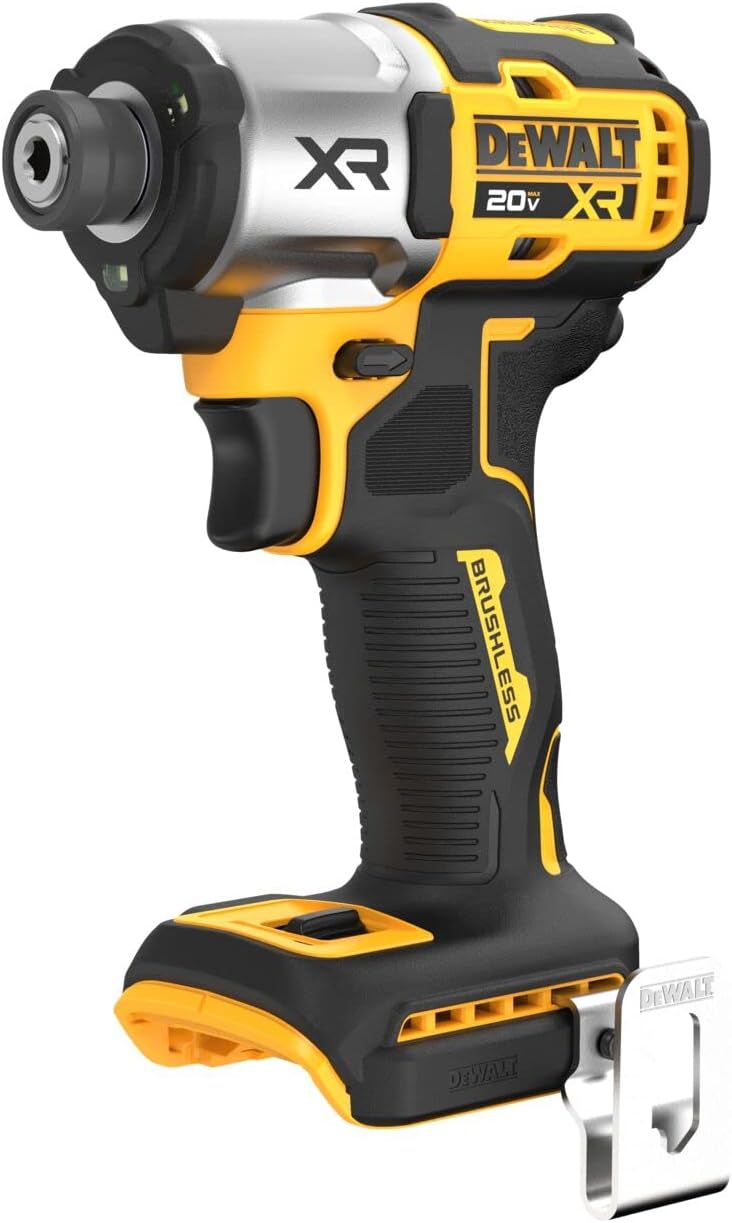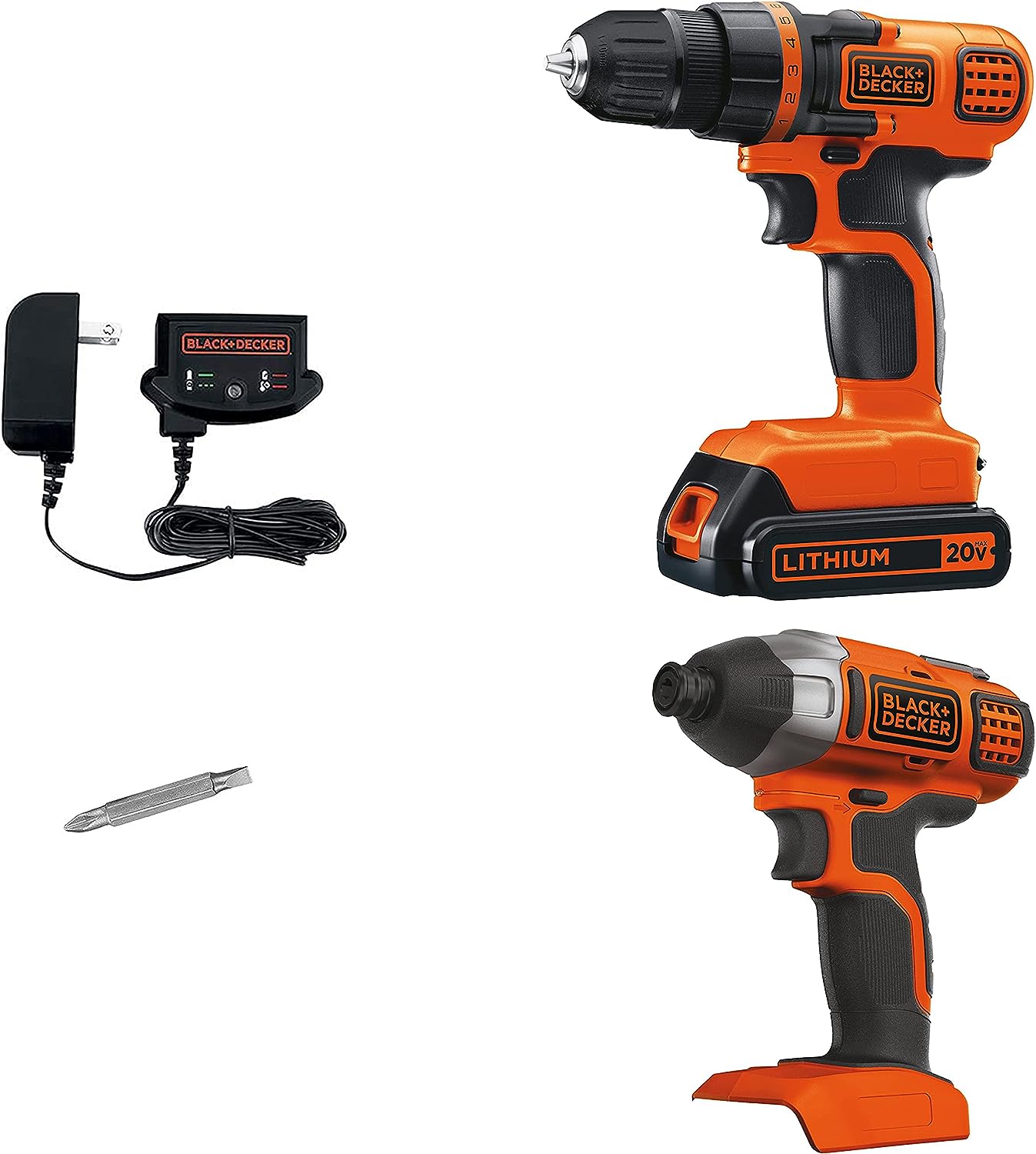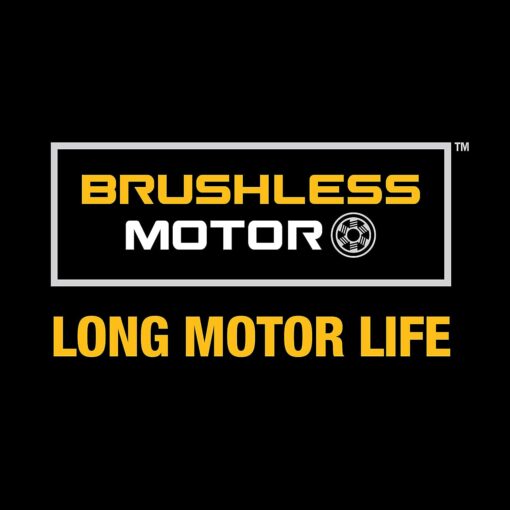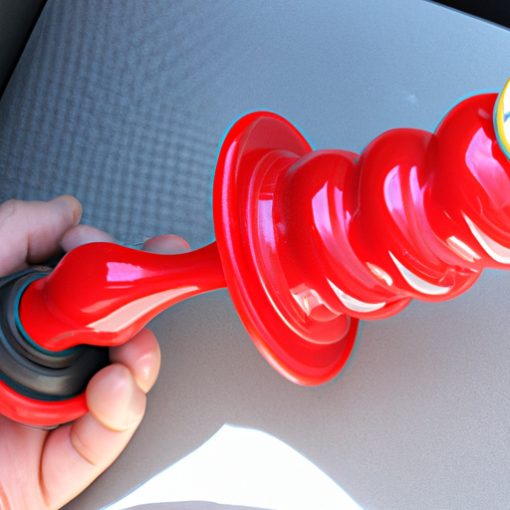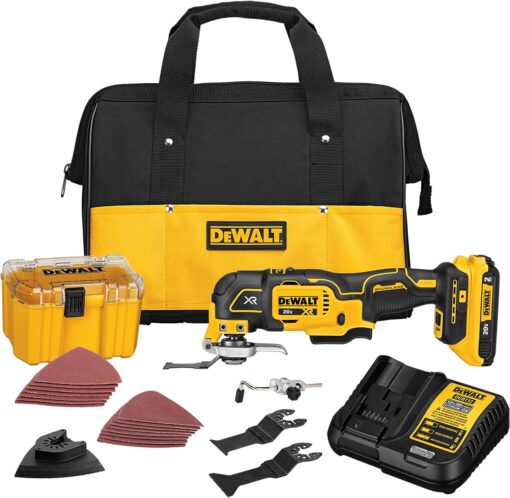If you’re in the market for a new power tool, you may have come across the dilemma of choosing between a corded power screwdriver or an impact driver. Each tool offers its own unique advantages and disadvantages, which makes the decision all the more important. In this article, we’ll take a closer look at the pros and cons of both corded power screwdrivers and impact drivers, helping you make an informed choice for your next project. Whether you’re a seasoned DIY enthusiast or a professional contractor, understanding the differences between these tools can greatly impact the success and efficiency of your work. So, let’s dive in and explore the world of corded power screwdrivers and impact drivers together!

Corded Power Screwdrivers
Corded power screwdrivers are a popular choice among DIY enthusiasts and professionals alike. These handy tools offer several advantages that make them an appealing option for various projects. However, they also have some drawbacks that need to be considered. In this article, we will explore the pros and cons of corded power screwdrivers, as well as their impact driver counterparts, to help you make an informed decision about which tool is best suited for your needs.
Pros
1. Reliable Power Source
One of the major advantages of corded power screwdrivers is their reliable power source. Unlike battery-powered tools that can run out of charge, a corded screwdriver is always ready to go as long as it is plugged into a power outlet. This constant power supply ensures a consistent performance without the need for interruptions to recharge or replace batteries.
2. No Need for Battery Charging
With corded power screwdrivers, you can say goodbye to the hassle of charging batteries. Battery-powered tools often require frequent charging, which can be time-consuming and inconvenient, especially in the middle of a project. Corded screwdrivers eliminate this issue altogether, allowing you to work without any interruptions.
3. Constant and Consistent Power
Unlike cordless screwdrivers that may lose power as the battery drains, corded power screwdrivers provide consistent power throughout the entire duration of your project. This ensures that you can complete tasks efficiently and effortlessly, as the tool won’t slow down or lose effectiveness due to a diminishing power source.
4. Suitable for Heavy-Duty Tasks
Corded power screwdrivers are known for their robust performance, making them ideal for heavy-duty tasks. Whether you are working on installing cabinets, assembling furniture, or other demanding projects, a corded screwdriver can provide the necessary power and torque to handle tough materials and drive screws effortlessly.
5. Affordable Option
Compared to their cordless counterparts, corded power screwdrivers are generally more budget-friendly. Without the added cost of batteries and chargers, corded screwdrivers offer an economical solution for those who want to invest in a reliable power tool without breaking the bank.
Cons
1. Limited Mobility
One of the significant limitations of corded power screwdrivers is their limited mobility. Since they require a constant connection to a power outlet, you are confined to a specific range dictated by the length of the power cord. This can be restrictive, especially when working on larger projects or in areas with limited access to power outlets.
2. Cord Management
The presence of a power cord can create a potential hassle with cord management. As you work, you need to be mindful of the cord’s location to avoid tangling, tripping hazards, or accidentally pulling the plug from the wall. Proper cord management techniques and extension cords can help mitigate this issue, but it is still something to consider when choosing a corded power screwdriver.
3. Requires Power Outlet
Unlike cordless screwdrivers that can operate anywhere, corded power screwdrivers are reliant on the availability of a power outlet. This means that you may encounter challenges when working in remote locations or areas without electricity. It is essential to plan your projects accordingly and ensure a nearby power source before starting your work.
4. Potential Tripping Hazard
The presence of a power cord poses a potential tripping hazard, especially in a busy or cluttered workspace. You need to be mindful of the cord’s placement to avoid accidents and ensure a safe working environment. Clearing the area and using cable management tools can help minimize the risk, but it is important to remain vigilant and take necessary precautions.
5. Limited Reach
The length of the power cord often restricts the reach of corded power screwdrivers. While extension cords can provide some flexibility, they have their own limitations and may not always be practical or readily available. This limitation can be particularly challenging when working on tasks that require reaching distant or hard-to-reach areas.
Impact Drivers
Impact drivers are another powerful tool commonly used for drilling and screwdriving tasks. They offer unique features that make them a valuable addition to any toolkit. However, they also come with a few disadvantages that are important to consider. Let’s dive into the pros and cons of impact drivers to get a better understanding of their capabilities.
Pros
1. High Torque and Power
One of the standout features of impact drivers is their high torque and power. These tools deliver tremendous rotational force, allowing you to drive screws into various materials quickly and with ease. Whether you are working with hardwoods, metals, or masonry, an impact driver can provide the necessary power to tackle even the toughest applications.
2. Quick and Efficient Operation
Due to their unique hammering action, impact drivers offer rapid and efficient operation. The rotational force combined with the forward thrusting blows delivers exceptional performance, enabling you to complete tasks in less time compared to traditional power screwdrivers. This increased efficiency makes impact drivers particularly useful for large-scale projects or time-sensitive jobs.
3. Versatility
Impact drivers are highly versatile tools that can handle a wide range of applications. With the right bits, you can use these tools for drilling holes, driving screws, removing bolts, and even breaking seized fasteners. This versatility makes impact drivers a valuable asset for both professional contractors and DIY enthusiasts, allowing them to tackle various tasks with a single tool.
4. Less Fatigue
The unique design of impact drivers, with their hammering action, reduces the amount of force that needs to be exerted by the user. This means less strain on your wrist, arm, and shoulder muscles, resulting in reduced fatigue, especially during extended periods of use. The ergonomic handle and lightweight design contribute further to the overall comfort and ease of use.
5. Compact and Lightweight
Compared to many other power tools, impact drivers are generally compact and lightweight. This makes them easy to maneuver and handle, even in tight or confined spaces. The compact size also allows for better access to hard-to-reach areas, making impact drivers particularly valuable for tasks that require precision and flexibility.
Cons
1. Costly
One of the main drawbacks of impact drivers is their cost. Compared to traditional power screwdrivers, impact drivers tend to be more expensive. However, it’s important to consider the value they provide in terms of power, efficiency, and versatility. If you frequently engage in heavy-duty projects or require the unique features of an impact driver, the investment may be well worth it.
2. Higher Noise Levels
Impact drivers are known for their loud operation due to the hammering mechanism. The high rotational speed combined with the striking blows can generate significant noise levels. It’s important to wear proper hearing protection when using an impact driver to safeguard your hearing. Additionally, be mindful of your surroundings and consider noise disturbances, especially if you are working in a shared or residential area.
3. Learning Curve
Using an impact driver may require a slight learning curve, especially for those who are not familiar with this type of tool. The unique operation, with its hammering action and quick bursts of power, may take some time and practice to master. However, once you become accustomed to the tool’s characteristics, its efficiency and performance will be noticeable and highly rewarding.
4. Potential Overkill for Lighter Tasks
While impact drivers excel in heavy-duty applications, they may be overkill for lighter tasks that require less power and precision. Using an impact driver for delicate materials or small screws may lead to damage or overdriving the fastener. It’s essential to assess the specific requirements of your project and determine if an impact driver is the most suitable tool for the job.
5. Battery Life Limitations
Impact drivers are often powered by rechargeable batteries, which can impose limitations on the tool’s runtime. Depending on the battery capacity, you may need to take breaks to recharge or swap batteries during extended projects. It is important to consider the battery life and plan your work accordingly to avoid interruptions or delays.
In conclusion, both corded power screwdrivers and impact drivers offer their own set of advantages and disadvantages. Corded power screwdrivers provide consistent power and an affordable option, but they come with limited mobility and potential cord management challenges. On the other hand, impact drivers offer high torque, quick operation, and versatility, but they can be costly and have higher noise levels.
When choosing between these tools, it’s important to assess your specific needs, the nature of your projects, and the trade-offs you are willing to make. If you require a reliable power source, constant power, and affordability, a corded power screwdriver may be the ideal choice. However, if you need exceptional power, efficiency, and flexibility, an impact driver could be the tool for you. Ultimately, both tools have their place in the toolbox and can greatly contribute to getting your projects done efficiently and effectively.


